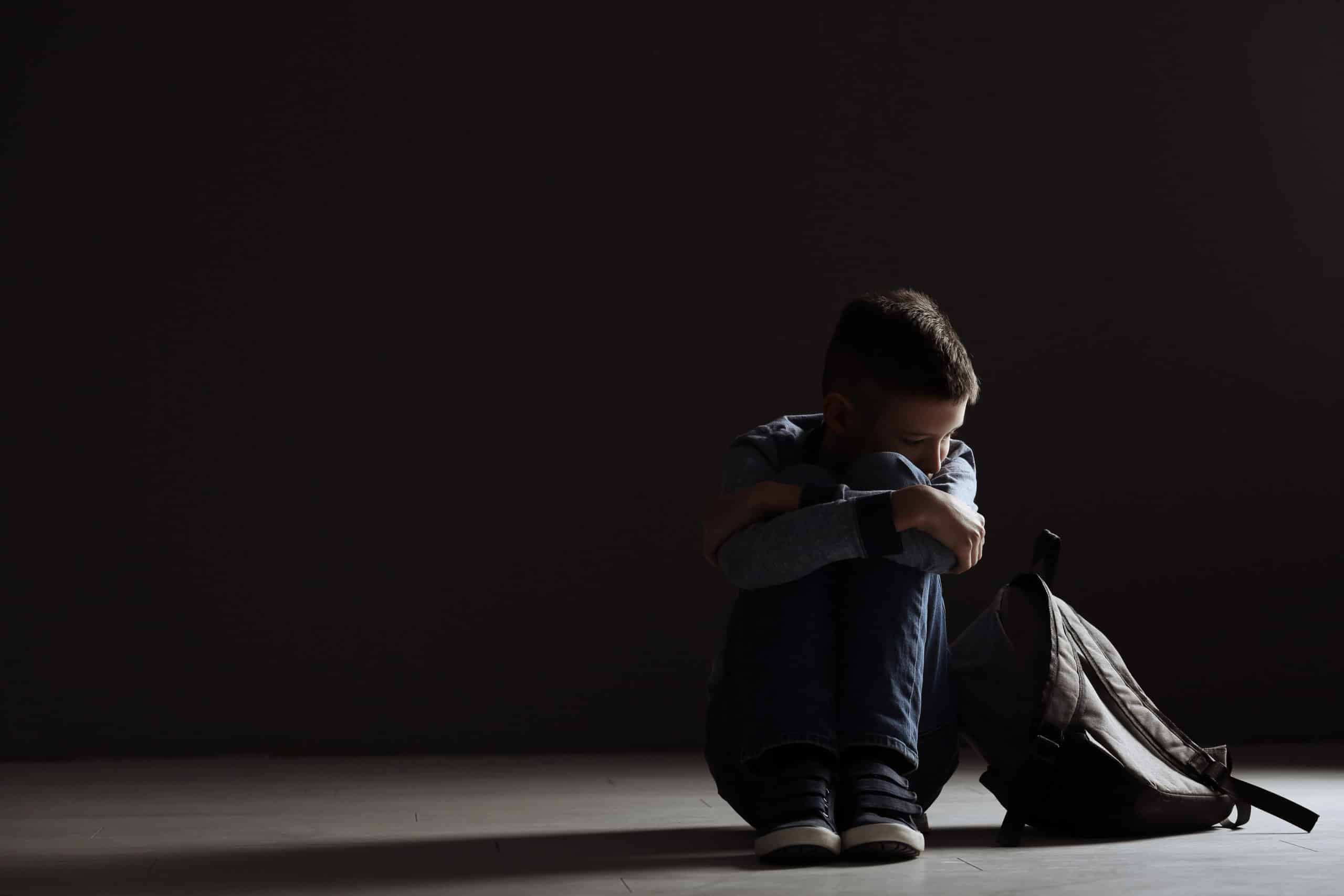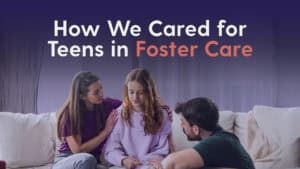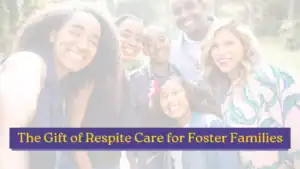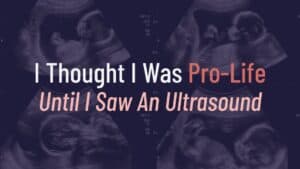On January 1, 2021, an immigrant from Brazil named Flavaine Carvalho received a phone call. It was from her employer asking her to come in and cover another employee’s shift. The mother of two was enjoying her day off, but she needed the money, so she agreed.
Raised Suspicions
At 10:30 p.m., a couple entered the restaurant with their son and daughter. It was uncommon for a family with young children to visit the restaurant that late. So she paid extra close attention.
The parents and sister wore short-sleeves, but the young boy wore a hoodie. When seated, the parents and girl removed their masks. But the boy left his on. The waitress attending the table delivered three plates of food, claiming the boy didn’t want anything.
Carvalho approached the table to ask if their dinner was okay. She noticed a slash between the boy’s eyes and a bruise on his temples. Her suspicions were raised, and she decided to act.
Asking an Important Question
On a piece of paper, she wrote “Are you OK?” She positioned the note so only the boy could see the note. He nodded yes. Unconvinced, she wrote, “Sure?” Another nod. She tried a final time, asking, “Do you need help?” He nodded.
Carvalho called the police, and when they arrived, they escorted the boy and Carvalho outside. When the boy removed his mask and hoodie, she gasped. His head was bruised, black, and swollen. Police investigators learned that the boy had been tortured. Had Carvalho not intervened, the boy likely would have died. The boy’s stepfather was arrested on multiple counts of third-degree child abuse. His mother was also arrested, facing charges of child neglect.
What Leads to Childhood Trauma
As President and CEO of For The Children, I hear awful stories of childhood trauma like this too often.

If you’re like most people, you may wonder how such abuse could exist in the United States of America. But it’s more common than you probably realize. Approximately 450,000 minor children have been placed in foster care because their lives were in danger, which amounts to a national epidemic of family-induced childhood trauma.
Nelson Mandela was right when he said that children are a nation’s most valuable asset. America’s children are America’s future. So why is this insidious and costly crisis ravaging our children garnering relatively little national attention?
The History of Childhood Trauma Research
First, trauma is a relatively new phenomenon in our collective consciousness. Post-traumatic stress disorder (PTSD) was first officially recognized in 1980 when it was added to the third edition of the Diagnostic and Statistical Manual of Mental Disorders published by the American Psychiatric Association. The detrimental impacts of childhood trauma have only been seriously studied since the late 1990s. And the National Child Treatment Stress Network wasn’t established via an act of Congress until 2001. Previously, there was no comprehensive organization dedicated to the research and treatment of traumatized children.
Other health conditions —such as diabetes, lung disease, and cancer—have been understood for much longer. As a result, there is often more established grassroots advocacy, government lobbying, large-scale funding, and celebrity activists mobilized around those causes than this one.
There are political factors at work as well. American politicians’ budgetary priorities and campaign promises often center on “kitchen table” policies —felt-need issues that directly affect the lives of voters. That’s why you’re more likely to hear politicians on the campaign trail talking about tax breaks and unemployment rates than childhood trauma.
But perhaps most importantly, children have no voice in the public square. They lack social power and are, in the fullest sense of the word, dependents. When children are experiencing hardship, they need adults like you and me to speak out and speak up. If we the people don’t advocate on their behalf—and loudly—their problems will remain unheard.
How We Can Take Care of Children Around Us
The organization I lead, For The Children, is responding by activating its networks of hundreds of churches and volunteers to step in on behalf of America’s at-risk and traumatized children. We aim to mobilize ordinary adults—like Carvalho and like you—to educate themselves on the issue of childhood trauma, engage children with observant eyes, recognize the telltale warning signs, and contact law enforcement if needed.
When I first spoke to Carvalho over the phone, I was stunned by her story and what I consider to be everyday heroism. When I asked her why she chose not only to engage the boy in her restaurant that day but to advocate for all children in need, she was unwavering in her response.
“We are all so concerned about our world and our communities. I think if I can teach people to recognize signs of abuse, maybe we can serve one more child.” Carvalho said. “I now have a calling from God. We need to step out and take care of children around us.”
We all share this calling. It’s on us to speak, act, and advocate for “the least of these” in order to protect and care for our nation’s most valuable and precious asset.















